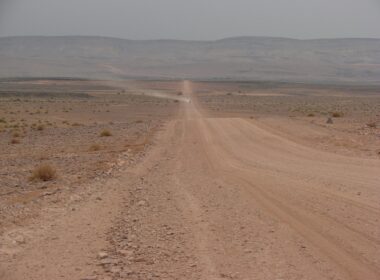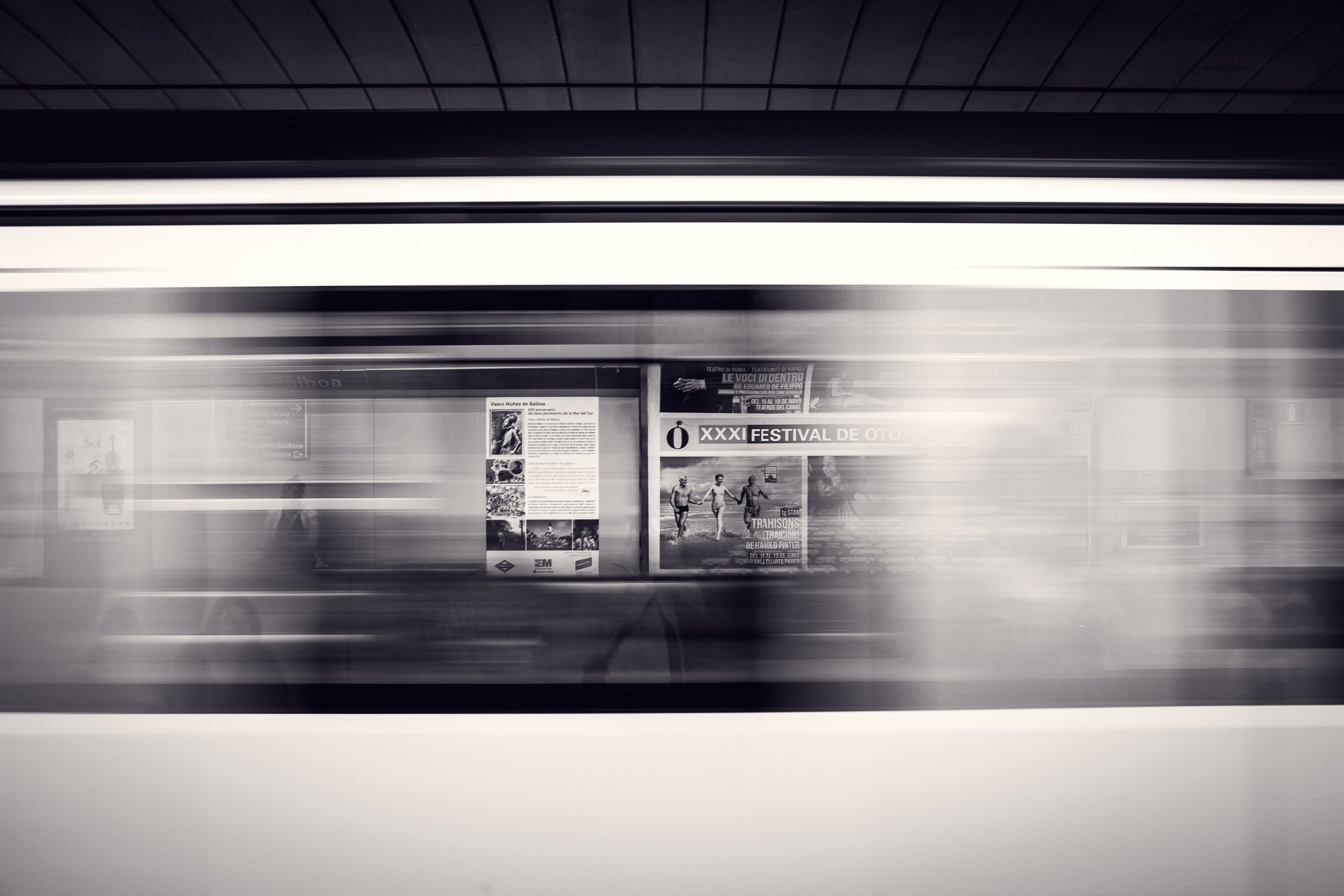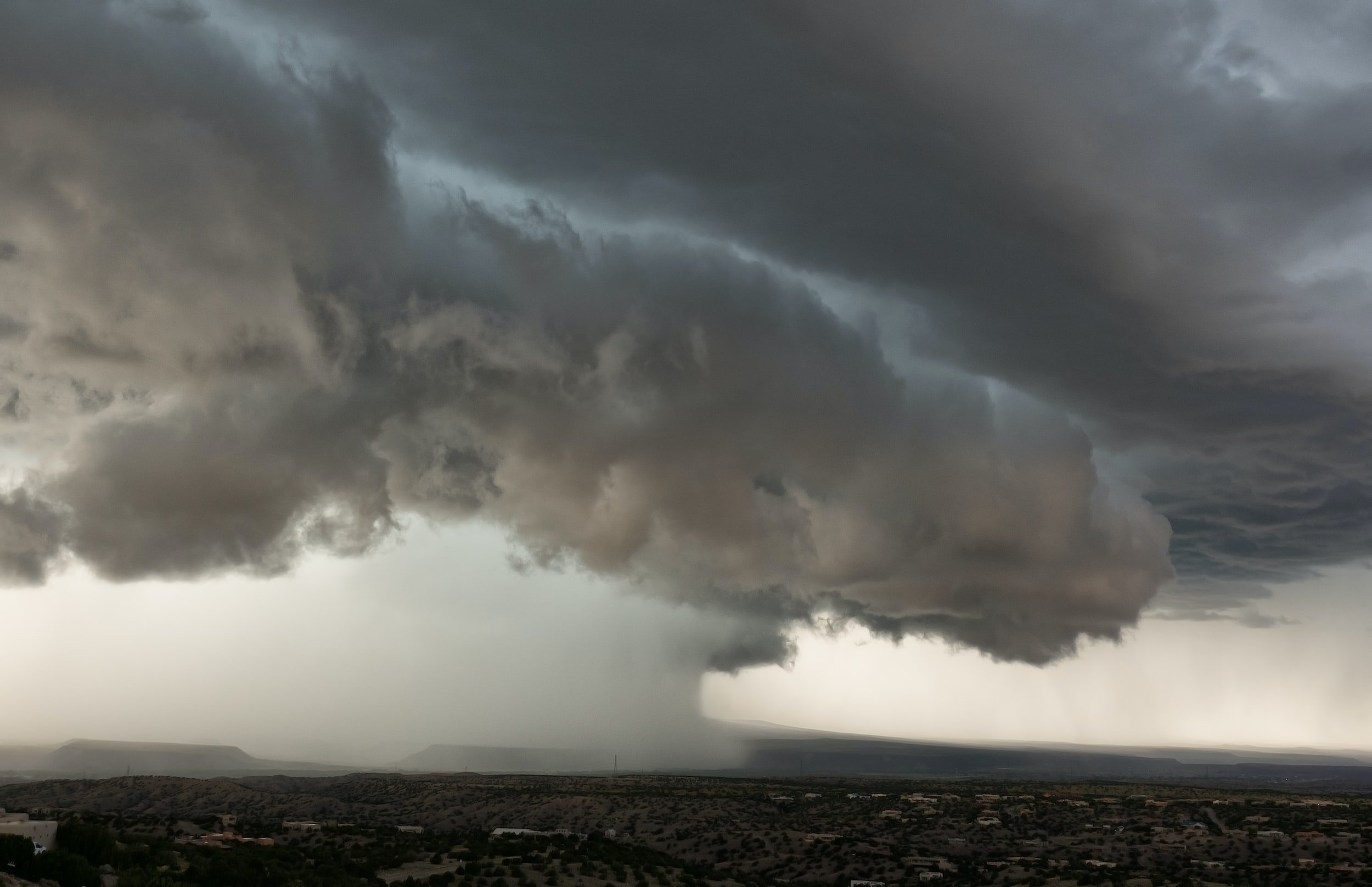A few months back, I ditched social media. It was a hard exit — no apologies or heads up. Over time, I realized my time scrolling, comparing, analyzing, envying, and loathing was too much of a drain on my emotional and mental self. It had to stop.
Shame-facedly, I’ve made it back into the lion’s den. I excuse this with surface-level logic: “All of my friends seem to be posting about their lives and I don’t want to miss anything. Plus, people are apparently still using Facebook to schedule events. Who knew?”
While I’m back, I will add an important asterisk: I’m curating my feeds differently. Take Instagram, for instance. In the beforetime, I ended up with far too many shirtless Davids staring back at me. It’s hard not to recognize one’s own painful imperfection when masterfully honed muscles greet you every morning.
These days, however, I’m seeking accounts that post regular affirmations. You know the sort: “I am worthy of love. No exceptions or qualifiers.”; “I attract healthy, balanced relationships.”; “Nothing is worth sacrificing my dreams.”
Hokey? Yes, perhaps. But there’s truth in these pick-me-ups that make them worth plopping into my feed — especially since my self-doubt has a habit of running amuck.
What I’m finding, however, is that there are, well, A LOT of these accounts — and several of them surfaced during the pandemic. Granted, my feed is curated and algorithms suggest accounts similar to ones I’ve followed, so what I see is not an accurate reflection of what others see. But it does raise the question: Are we really more in need of these affirmations than ever before?
The answer came to me as I bounced between Buddhist bromides and more generic spiritual sayings. Here’s how it unfolds, play by play:
1: News of the world — really, information in sum — is more readily available to the average person than ever before. It’s pushed in front of us at an alarming clip — on our computers, our phones, our watches, our TVs. Basically, everywhere. And not surprisingly, this is overwhelming.
2: While any information overload tends to cause overwhelm, it’s particularly acute when that information seems dominated by doomsaying: wars, disease, climate catastrophes, political upheaval, etc.
3: In our “pick yourself up by your bootstraps” western world, we’re either unable to create boundaries that halt this inundation, or we’re pressed to carry on — no matter the weight of the world.
4: Increasingly, keeping our heads above water is not enough — we have to “be the change we want to see in the world,” as leaders, organizations, and governments urge, plead, and beg us to take action to stop atrocities and community transgressions (even if we’re not complicit).
5: Not surprisingly, we often fail at (3) and (4). Why? There’s simply too much to do with too little — too little time, energy, money, etc. And when we fall short, we feel like abject failures. We could not do the decent human thing — even the basic human thing that keeps us afloat.
6: We therefore crave forgiveness, redemption, another change — but perhaps mostly, a reprieve.
So, short answer: Yes, we need these affirmations. More than ever before? Hard to say. But that doesn’t matter — it’s enough to know that in our current state, affirmations like the ones I’ve found on Instagram have begun to flourish, and for good reason.
I suppose there is no “light bulb” conclusion here. On some level, we’re intellectually aware of this — at least on the periphery of our everyday lives. And yet, if change is needed, it must begin with crystal clear self-awareness. This rush for advancement in the face of societal strain must be a reality we face head on, emotionally, mentally, and physically. We must know what we’re doing to ourselves so that we can undo it — or at the very least, stop doing it.
There are small moments in our daily routines when we can do this, when we can acknowledge the absurd pressures we put on ourselves and others. Moments when we can openly recognize the monumental burden of society in schism. Of war. Of disease. Of upheaval.
Then, ever so softly, we can say, “I get it. It’s hard right now.” And let that stand. No dismissals, no “buts.” No plowing ahead despite the conflagration.
We might even find a salve. Not a panacea, but something small to soften the pain of this mammoth mess we’re currently experiencing. A few tender words. A hug. Taking on a task for another.
Perhaps, over time, small salves will come to something curative. And if not soon, at least we will know what demons we have to fight.










